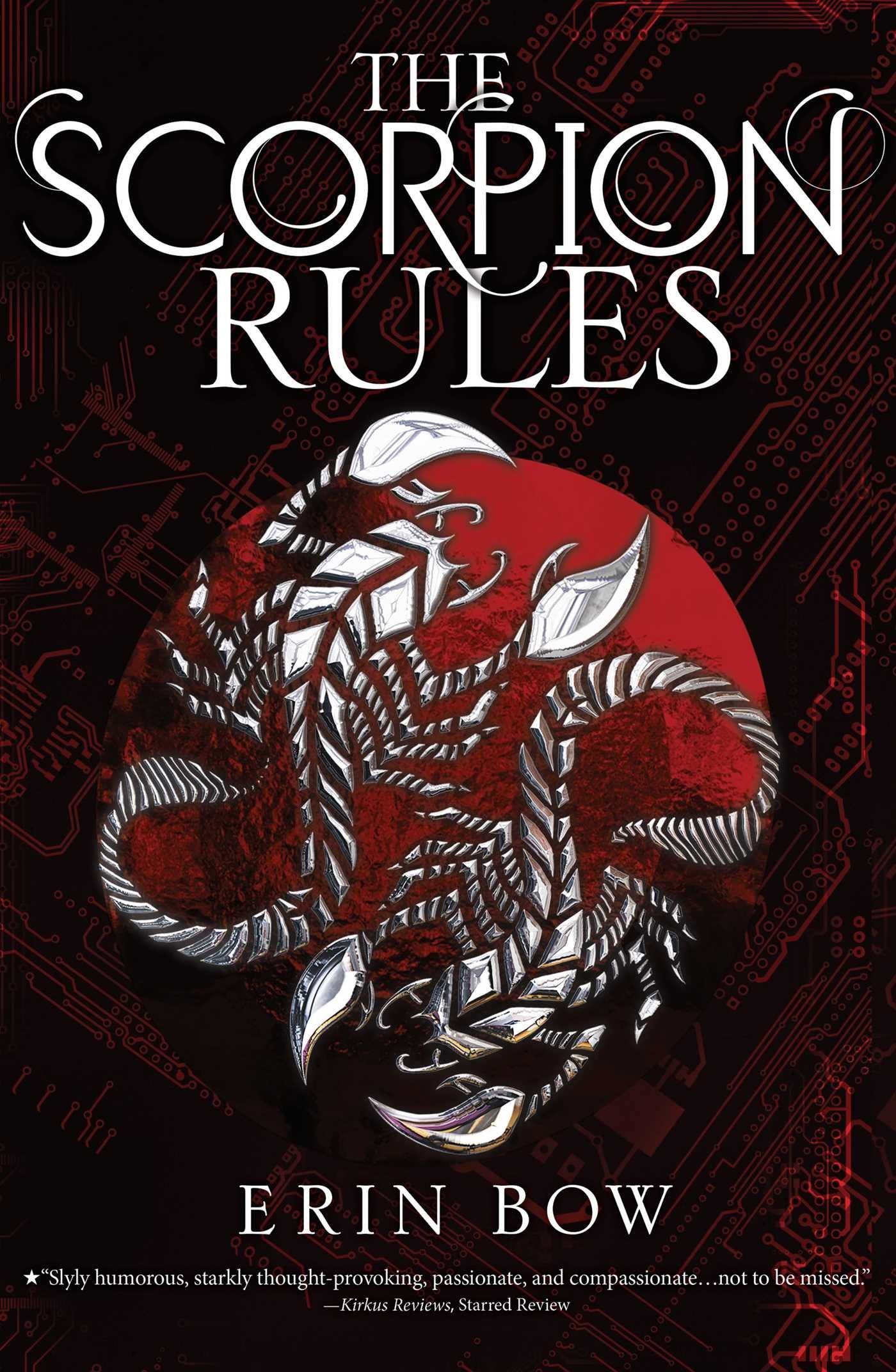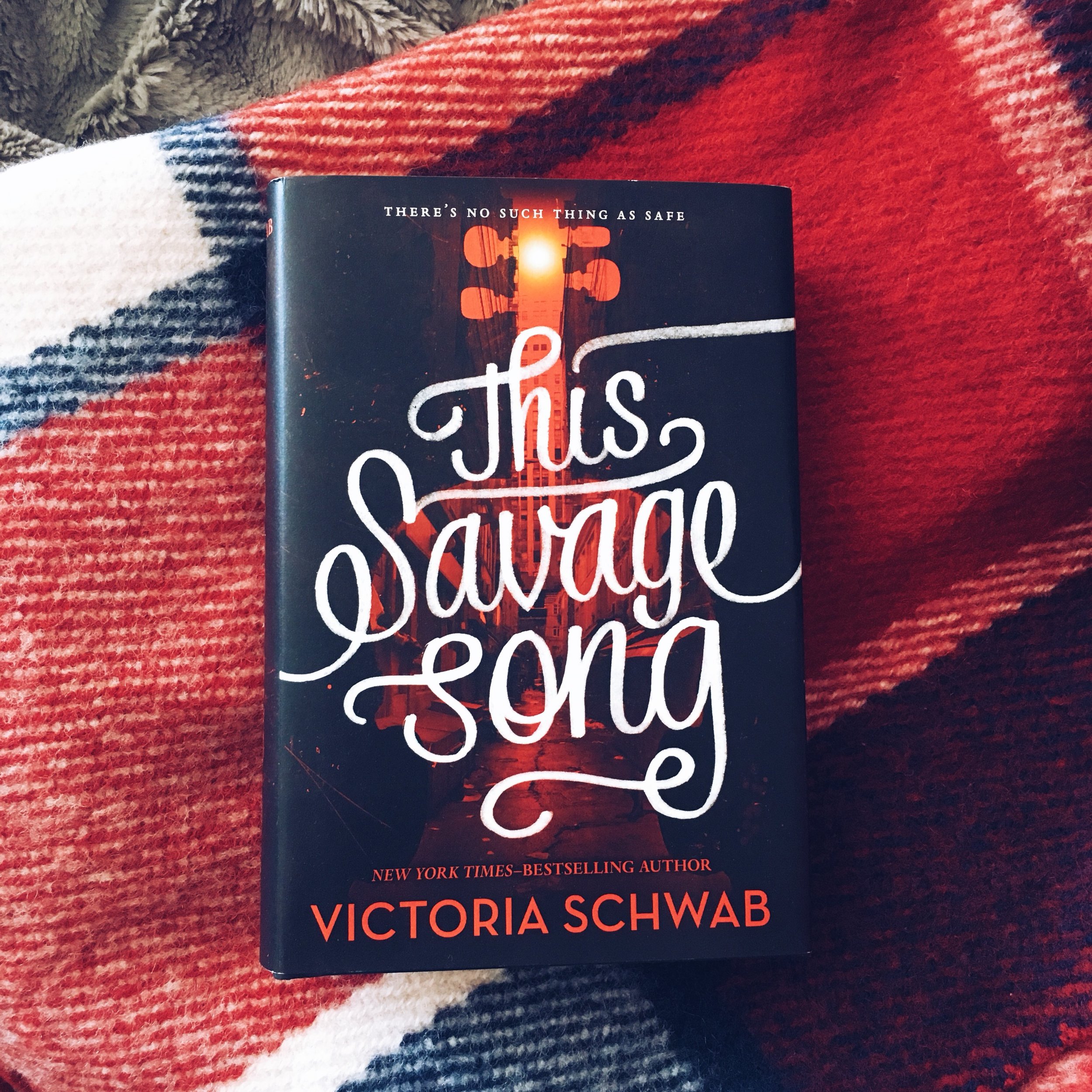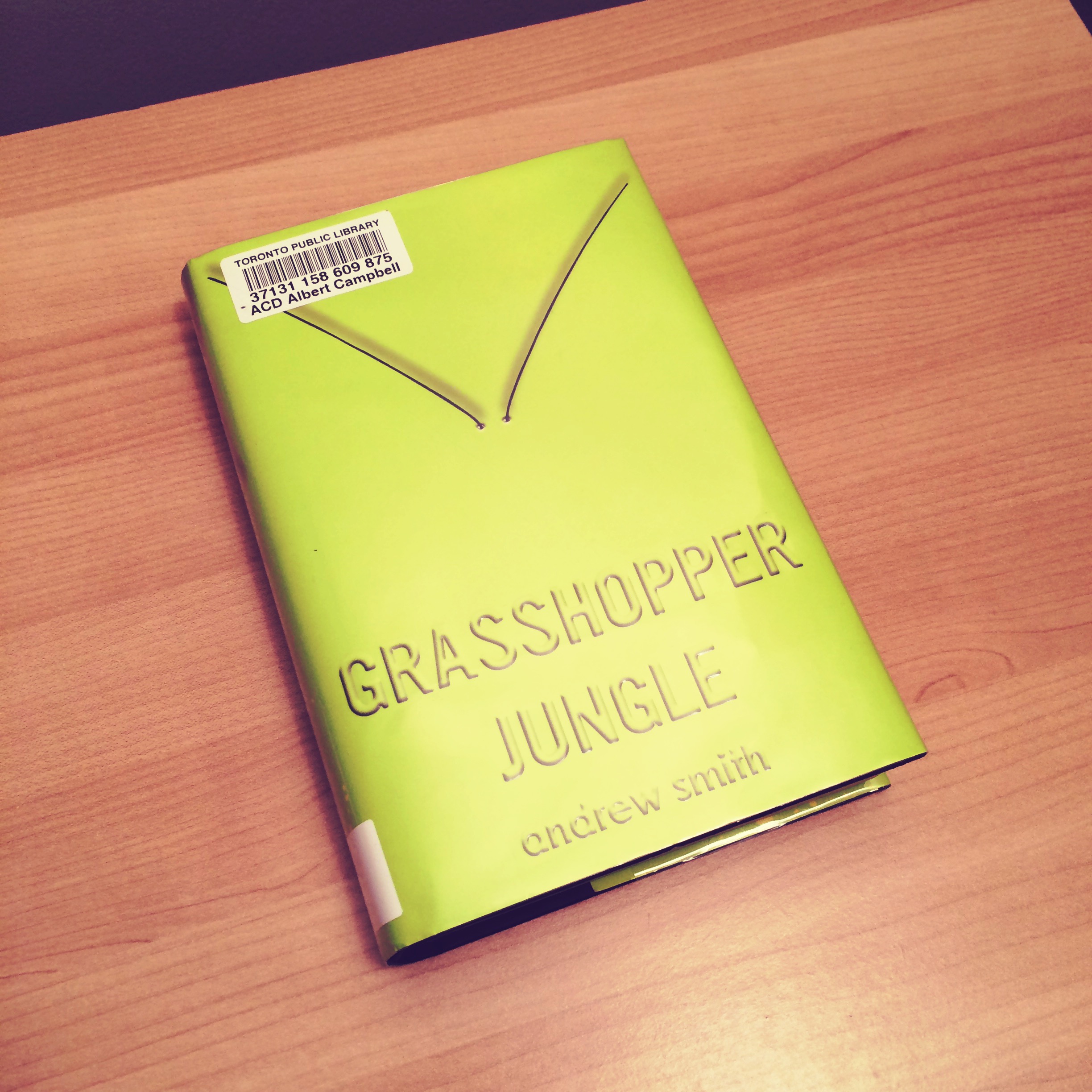
I have been meaning to read Divergent series for years. Never came around to it until last year. Everyone was very hyped about upcoming Insurgent movie and I really wanted to read the books first, so I got Divergent from the library.
I knew next to nothing about the series, except for a) it was a very popular YA series, b) it was a dystopian series, c) the main protagonist was female. I guess, I am extremely lucky not have been spoiled the ending of the series, as it would have been quite easy, as it seems that by the time I picked up the books, everyone had already read them.
I was a bit hesitant to buy the books, so I got the copies of Divergent and Insurgent from the library, but I did end up buying all four books. I admit that Allegiant and Four covers are my favourite. They are so gorgeous!
Now onto the books themselves.
Divergent
I was surprised the that book was written in first point of view and in present tense. Immediately I started comparing the writing style to Margaret Atwood's "The Handmaid's Tale" (which is for me an epitome of literary craftsmanship when it comes to first POV, present tense), which was not a good thing. I felt that the writing was sort of plain, although I was intrigued by the society structure and Tris' hunt for self-identification.
It was hard for me to believe that a girl would be able to build muscles and become so physically strong in such a short time. Or so fearless. But Tris is a badass and I loved it.
Only by the end of the book I got really engaged and the ending was so good that I wanted to get into Insurgent right away. I got it from the library, then was distracted and didn't finish the book on time. I couldn't extend it as it was on the waiting list, so I had to return it, then I ordered it again.
It happened twice and the waiting between those times sort of killed my thrill. Then I went into a huge slump, during which I didn't really read anything at all.
Insurgent
Six (or so) months later, this July, I finally got ahold of Insurgent again. It was a mistake not to re-read Divergent first, and I regretted it several times while reading Insurgent, as I almost forgot the names of secondary characters, and it made reading a bit confusing.
I think Insurgent is my least favourite book in the series. Tris is suffering from a PTSD and a huge amount of guilt. She is unstable and it is reflected in the writing as the narrative constantly jumps from one thing into another, some scenes are so short they are barely a couple of pages long. It is all jumbled and the relationship between Tris and Tobias is suffering too. Throughout the book I kept thinking, just get into one room together and talk, goddammit!
(Another thing that I kept thinking about while reading it was how come Tris never developed an infection, seeing as she carried a wound for the whole book and it was not really being taken cared of properly. No need to mention, she barely slept or ate. At that point Tris was almost like a superhuman.)
One of my greatest pet peeves was that the author kept killing of secondary characters, pretty much like flies! It was hard to keep track of everything, who was related to whom, who was in love with who, and who was a transfer from which faction.
There was a couple of nice twists in the storyline, and the ending completely made up for any drawbacks in style or plot. I basically marathoned the second half of the book in one day, and I wanted Allegiant RIGHT NOW.
So I went and bought the whole series - all four books.
Allegiant
I read the first 3 pages of Allegiant and had to put it down. I was not ready and very surprised to see that the narration of the book was split into two points of view - Tris' and Tobias'. I was not ready for Tobias' point of view. I was very concerned about how he perceives everything that Tris does. When I was reading Divergent, I couldn't really understand WHY he felt attracted to her. And Insurgent he kept supporting her and loving her, in spite of everything she's done, all the lies and heading into danger. (I am not saying Tobias is without a fault, but you know what I mean).
I was really relieved to see that Tobias is as genuine and gentle as he was portrayed through Tris' eyes. I really enjoyed reading chapters written in Tobias' point of view. Sometimes even more than Tris', as they gave an amazing perspective into a lot of things that I was only guessing before.
The writing style in Allegiant is way better than in the previous books. It is more consistent, the narrative is more paced. It is obvious that after the first two books Veronica Roth really grew as a writer. Overall, it was a way more pleasurable read than the first two.
The ending. Oh my god, the ending! I am not going to say anything, except for it is an epic ending, the one that I applaud Veronica for - because you need guts as a writer to pull something like that off! I feel that this ending is the reason for the lower ratings of this book on GoodReads. Which sort of makes sense in my head, as undoubtedly the hardcore fans expected something different. But for me it was a very real and fitting, albeit very unpredictable, ending. And I am okay with this ending. I am very okay with it!
There are some paragraphs at the end, which are very philosophical and very touching.
Sadly, some of my favourite characters didn't survive this book, but I am still happy to see that my absolutely favourite made it out alive.
To me the ending, the way it is, does not diminish anything that has happened in the series before it. On the other hand, it is what life is. It is the most realistic and the most believable ending. Do I wish for a different ending? Yes, in a way. Would I change this ending if I had a power to do so? Probably, no.
I was experiencing an Allegiant withdrawal, so even though I wanted to wait and pace myself out a bit, I picked up the last book, the collection of stories, right away.
Four
I loved this book. It gives a very interesting point of view on major things that happened in Divergent book, that is being the attack on Abnegation faction, the initiation process and training, all those things that happened with Tris during it. I found it very fascinating to read the same scenes but from Tobias' perspective. The collection consists of 4 stories, two of which took place before Tobias met Tris, and two - after that. There were also extra scenes from Divergent book told from Tobias' POV.
After reading this collection some things that happened in Divergent are making way more sense to me now (and some things mentioned in Insurgent and Allegiant too)! Now I am overwhelmed by the want to re-read Divergent, which I probably won't do so soon after finishing the series, but I am looking forward to watching the movies!
Tobias is my favourite character from the books, so I couldn't have asked for the better finish of the series.






